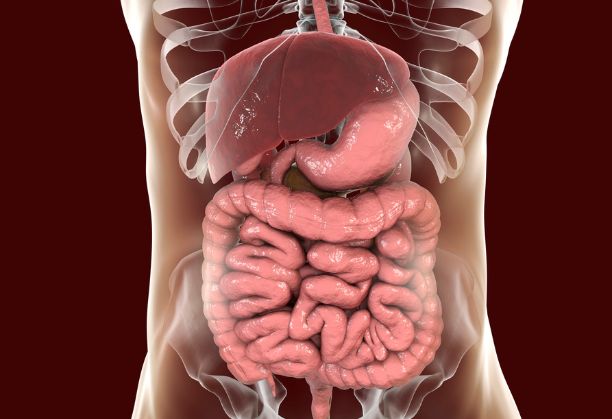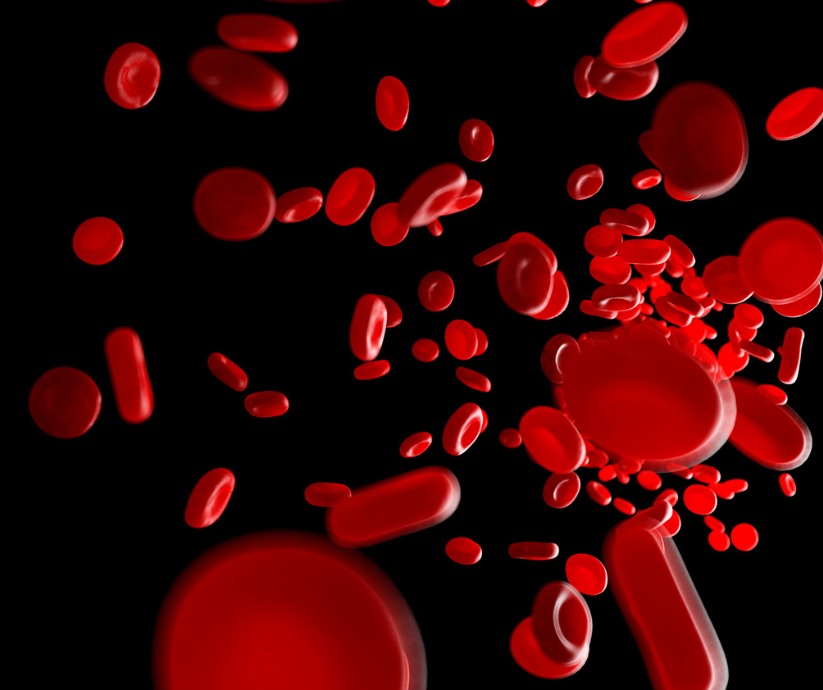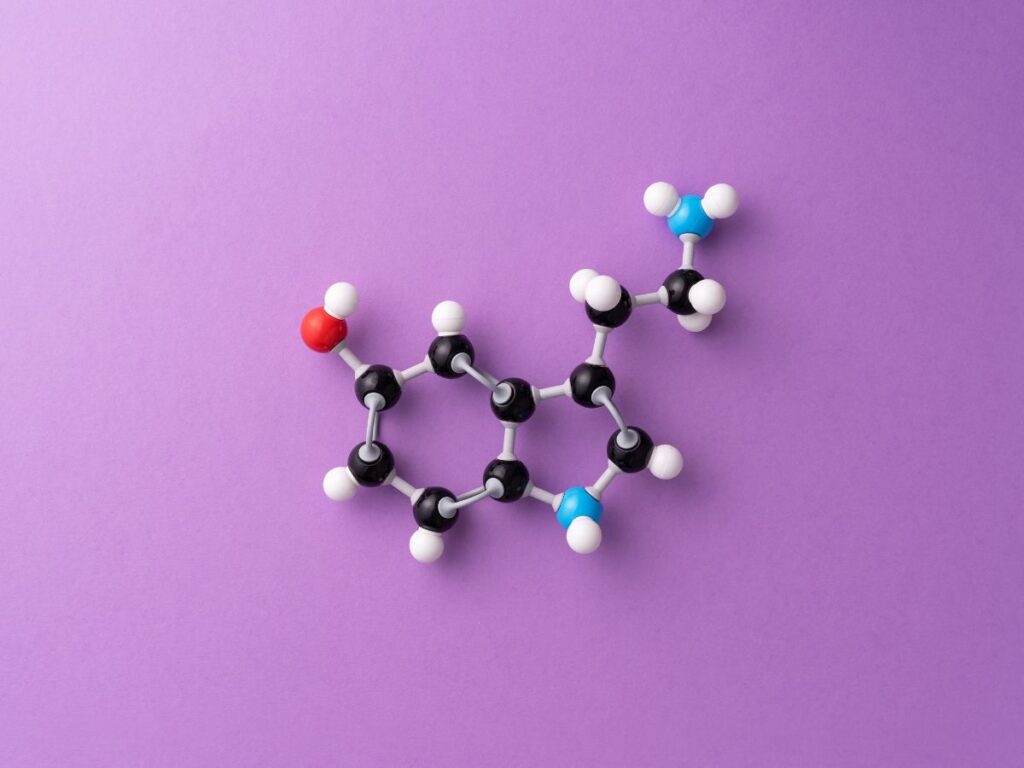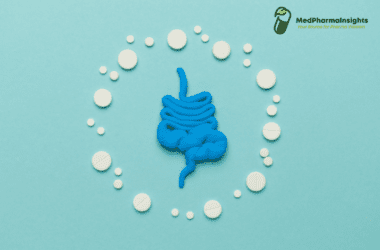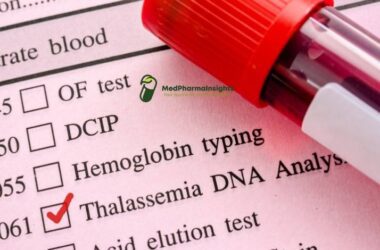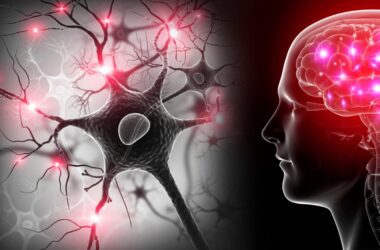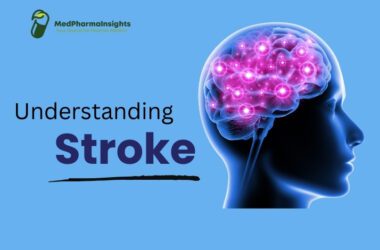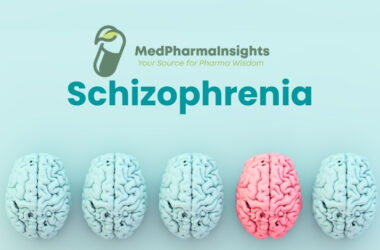Schizophrenia is a complex mental disorder that often requires a multifaceted approach to treatment. While medication is a cornerstone of managing symptoms, other therapies and interventions play crucial roles in promoting recovery, enhancing quality of life, and empowering individuals living with schizophrenia.
Diagnosis
A. Clinical Interviews:
- Initial Assessment: The diagnostic process often begins with an initial assessment by a mental health professional, such as a psychiatrist or clinical psychologist. This initial assessment may be prompted by self-referral, family concerns, or referrals from other healthcare providers.
- Patient History: The clinician conducts a thorough interview to gather information about the patient’s personal and family medical history, including any history of mental illness or substance use.
- Presenting Symptoms: The patient is asked to describe their current symptoms, experiences, and challenges. It’s essential for the clinician to understand the nature, duration, and severity of these symptoms.
B. Diagnostic Criteria:
1- DSM-5
The diagnosis of schizophrenia is typically based on the criteria outlined in the Diagnostic and Statistical Manual of Mental Disorders (DSM-5), which is widely used by mental health professionals. To meet the criteria for schizophrenia, an individual must exhibit at least two of the following symptoms, each lasting for a significant portion of one month or longer:
- Delusions
- Hallucinations
- Disorganized speech
- Grossly disorganized or catatonic behavior
2- Rule Out Other Conditions:
The clinician must also rule out other medical or psychiatric conditions that might mimic the symptoms of schizophrenia. Conditions such as bipolar disorder, schizoaffective disorder, and substance-induced psychosis must be considered and excluded.
C- Psychiatric Assessment:
- Observation: The clinician will observe the patient’s behavior, thought processes, and emotional expressions during the interview. This observation helps in assessing disorganized behavior, affective flattening, and thought disorder.
- Family Input: Family members or close associates may be asked to provide information about the patient’s behavior and symptoms, as their insights can be valuable in the diagnostic process.
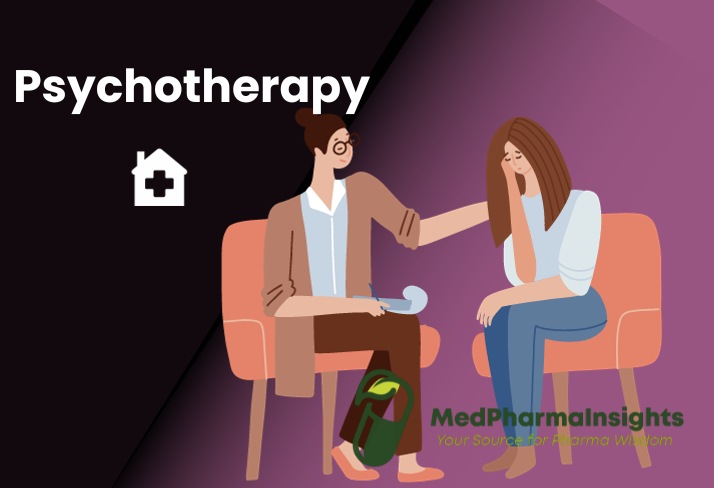

D- Additional Assessments:
- Neuropsychological Testing: In some cases, neuropsychological assessments may be conducted to evaluate cognitive function and identify any impairments.
- Imaging and Laboratory Tests: While not used for diagnosis, brain imaging (such as MRI or CT scans) and laboratory tests (to rule out medical causes) may be performed to support the evaluation.
Treatment Plan for Schizophrenia
Schizophrenia is a complex mental disorder that requires a comprehensive treatment plan tailored to the individual’s specific needs. Treatment typically involves a combination of medication, psychotherapy, and support services. The goal is to manage symptoms, improve the individual’s quality of life, and enhance their ability to function in daily life. Here is a general treatment plan for schizophrenia:
1. Medication Management:
Medications are a cornerstone of schizophrenia treatment and can help control the symptoms of the disorder. The specific medication and dosage will vary depending on the individual’s symptoms and response to treatment. Commonly prescribed medications include:
A- Antipsychotic Medications:
These are the mainstay of treatment and help alleviate positive symptoms like hallucinations and delusions. Examples include:
1. First-Generation Antipsychotics (FGAs)
FGAs, also known as typical antipsychotics, were among the first medications developed to manage schizophrenia. They primarily target positive symptoms of the disorder, such as hallucinations and delusions. Common FGAs include:
- Haloperidol (Haldol): An effective antipsychotic but may have a higher risk of movement disorders as a side effect.
- Chlorpromazine (Thorazine): Effective in controlling symptoms but may lead to significant sedation and weight gain.
- Perphenazine: Effective for both positive and negative symptoms, with fewer side effects than some other FGAs.
2. Second-Generation Antipsychotics (SGAs)
SGAs, also known as atypical antipsychotics, are newer medications that target a broader range of symptoms, addressing both positive and negative aspects of schizophrenia. They are often preferred due to their lower risk of movement disorders. Common SGAs include:
- Risperidone (Risperdal): Effective in managing both positive and negative symptoms, but it can lead to weight gain and an increased risk of metabolic side effects.
- Olanzapine (Zyprexa): Effective for both types of symptoms but is associated with weight gain and metabolic issues.
- Aripiprazole (Abilify): Known for a lower risk of weight gain and metabolic side effects, making it a favorable option for many individuals.
B- Psychotherapy:
Psychotherapy is an essential component of schizophrenia treatment and can help individuals cope with symptoms, improve their social and occupational functioning, and enhance their overall well-being. Common therapeutic approaches include:
- Cognitive-Behavioral Therapy (CBT): CBT can help individuals identify and challenge distorted thought patterns and develop coping strategies for managing symptoms.
- Family Therapy: Engaging the support of family members can be valuable in enhancing understanding and support for the individual with schizophrenia.
- Individual Therapy: Individual therapy sessions provide a safe space for discussing symptoms, emotions, and personal goals.
Support from family, friends, and support groups is crucial in managing schizophrenia. The individual’s support network can play a significant role in the recovery process.
D- Rehabilitation Services:
Rehabilitation services aim to improve daily functioning, social skills, and employment prospects. These services may include:
- Vocational Rehabilitation: Helps individuals with schizophrenia find and maintain employment.
- Psychosocial Rehabilitation: Focuses on improving social and daily living skills.
- Crisis Intervention: Offers support during crises or relapses.
E- Lifestyle Management:
A healthy lifestyle can complement other treatments. Encourage the individual to:
- Maintain a Healthy Diet: Eating a balanced diet can support overall well-being.
- Regular Exercise: Physical activity can help reduce symptoms and improve mood.
- Adequate Sleep: Ensure the individual gets enough quality sleep, as sleep disturbances can worsen symptoms.
- Avoid Substance Use: Substance abuse can exacerbate schizophrenia symptoms, so it’s essential to avoid alcohol and illicit drugs.
F- Ongoing Monitoring:
Regular check-ins with mental health professionals are vital to track treatment progress, adjust medications if necessary, and address any emerging issues.


